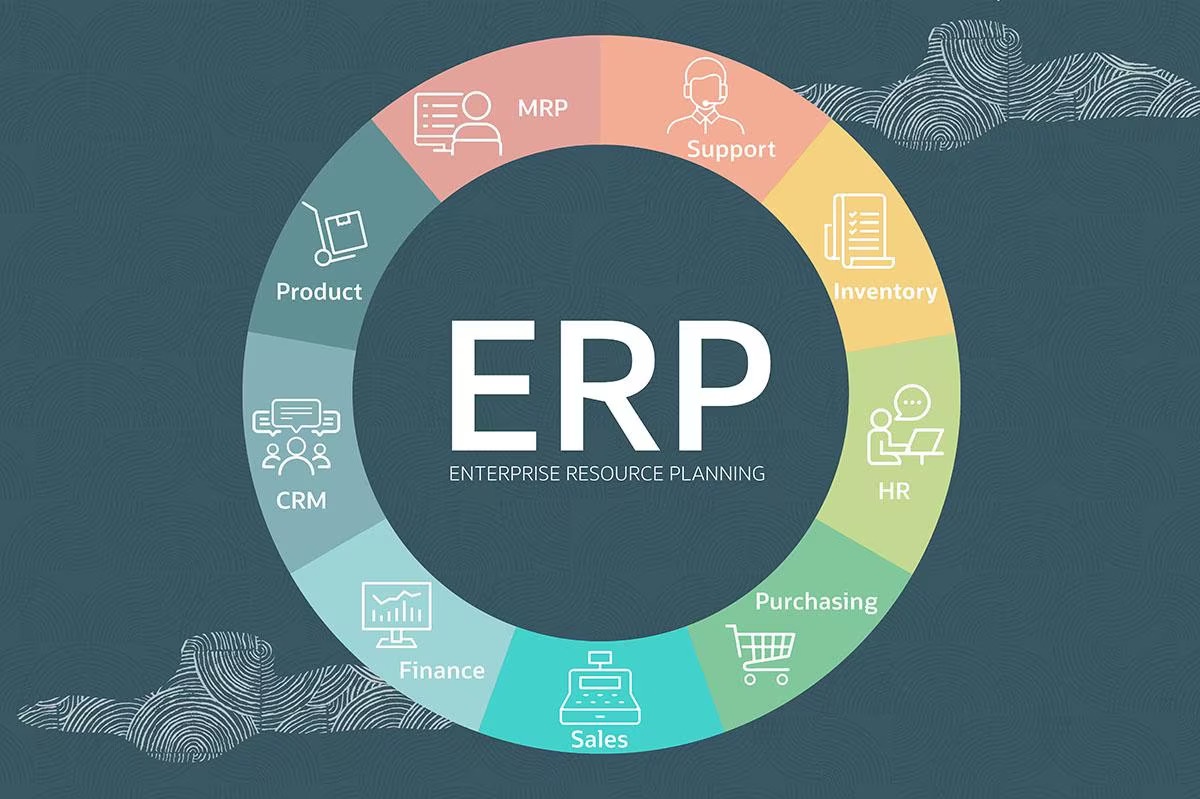Factoring is a financial tool that is increasingly used by companies. It consists of the sale of a company's invoices to a third party, in exchange for receiving an advance of the amount thereof.
The company obtains immediate liquidity and can finance its activity without having to wait for its clients to pay the invoices.
What is factoring?
Factoring is a very useful technique for companies that need short-term financing , since it allows them to obtain resources without having to resort to banks or other traditional financing sources. In addition, it can be a good option for companies that have a portfolio of creditworthy clients, but for liquidity reasons they need to advance collections.
There are several types of factoring, depending on the characteristics of the operation and the needs of the company.
How is factoring related to an ERP?
First of all, it is important to point out that factoring is a financial tool that is used to obtain liquidity, while the ERP is a business management system that is used to manage the internal processes of the company . Both systems have different objectives, but they can be integrated and work together to improve the financial management of the company.
The integration of factoring with an ERP allows the company to improve the management of its invoices. By using this integration system, the company can obtain faster and more efficient financing, which allows it to improve its ability to meet its financial obligations and maintain a solid financial position.
In addition, by integrating factoring with an ERP, the company can automate the billing and payment tracking process, which allows it to improve its efficiency and reduce errors.
An example of this is the ability of an ERP to include the electronic invoicing function that allows the company to automatically generate invoices and send them to its customers. At the same time, the company can use a factoring system that allows it to sell these invoices to a third party, in exchange for an advance of the amount thereof.
In this way, the company obtains immediate financing and improves its liquidity, while the third party is in charge of managing invoices and collecting payments from customers.
Benefits of integrating factoring with ERP
The integration of factoring with an ERP also allows the company to improve its relationship with customers, the company can offer its customers longer payment terms, which can improve its relationship with them. By automating the billing and payment tracking process, the company can reduce errors and improve the accuracy of its invoices.
There are other ways that factoring and ERP can work together is through data analysis.
An ERP can collect data on sales, inventories, costs, customers, among others. By integrating factoring with an ERP implementation, the company can use this data to analyze its financial situation and identify opportunities for improvement.
The company can use the data to identify late-paying customers and take steps to improve its relationship with them. You can also use the data to identify the areas of the business that generate the most invoices and use factoring more efficiently in those areas.
In addition to those mentioned, there are other advantages in relation to the integration of factoring with ERP:
-
Extraction of valuable information about customer behavior
As far as payments and response times are concerned, this information can be used to improve the management of the company and make more informed decisions about credit and financing.
-
Improve the management of the company's treasury
By using factoring, the company can obtain faster and more efficient financing, which allows it to better manage its cash flow. Additionally, by automating the billing and payment tracking process, the company can reduce errors and improve the accuracy of its cash forecasts.
-
Improve the efficiency of the company in general
By automating billing and payment tracking processes, the company can reduce the time and resources it spends on these tasks, allowing it to focus on other areas of its business.
In addition, by using factoring, the company can obtain faster and more efficient financing, which allows it to be more agile and reactive in an increasingly changing business environment.
In conclusion, factoring and ERP are two tools that can work together to improve the financial management of a company. By integrating factoring with an ERP, the company can improve the management of its invoices and the relationship with its customers, analyze valuable data, improve treasury management and improve overall efficiency. As a result, the company can be more agile, more competitive and more profitable in an increasingly changing business environment.
At Dynamics Square, we offer you full integration with any system or complement that your company needs to help you start and expand your business.
We install the best custom Sage Business Management software for companies in any sector, since we are Microsoft Solutions partner .
In addition, we promote change by betting on collaborative work, unifying and simplifying the tasks of your departments within a single platform.


No comments yet